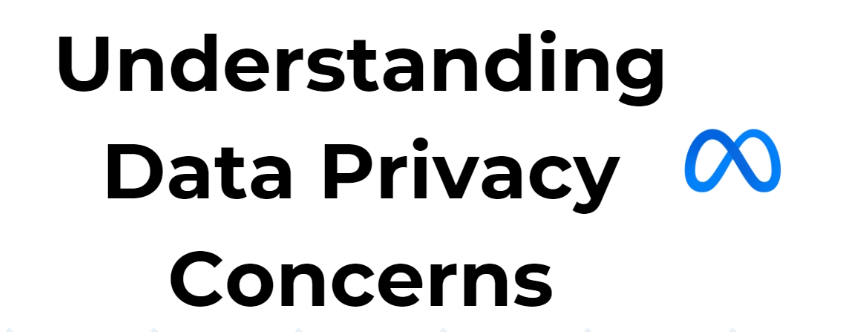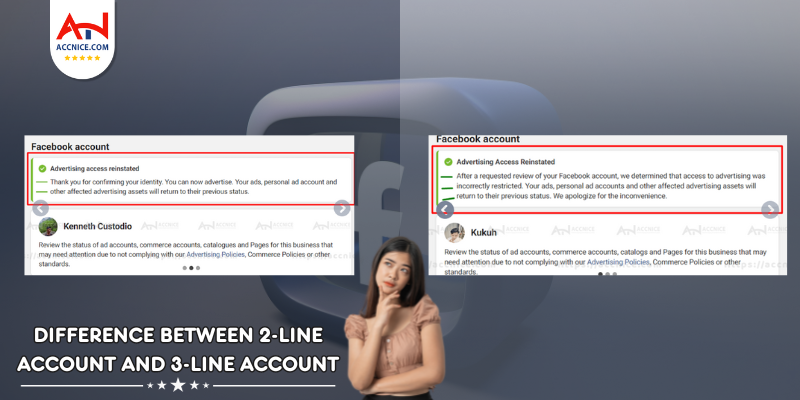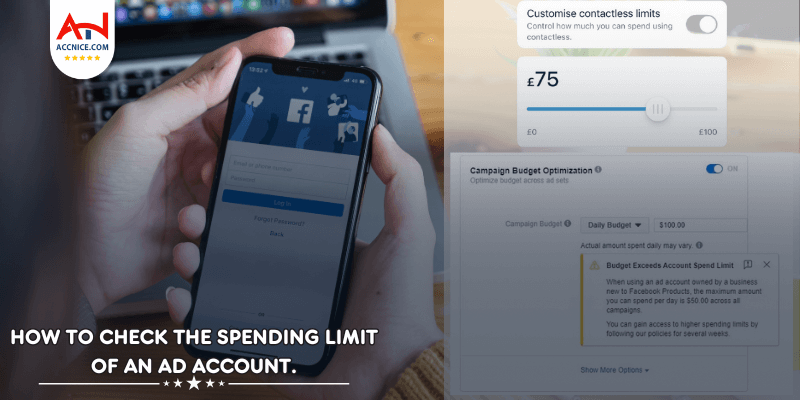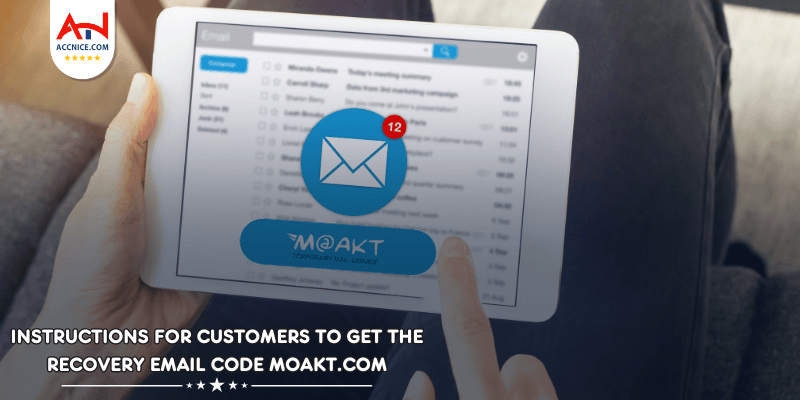
As technology evolves, the integration of various libraries with Facebook data raises significant data privacy concerns. This article by Accnice explores important issues and measures that can be taken to ensure data protection when using libraries integrated with Facebook's rich data resources.

Understanding the implications of using Facebook libraries in application development is crucial, especially regarding how they handle and interact with user data. Here's a deeper dive into the data privacy concerns associated with these tools.
Facebook libraries like React, PyTorch, and others are designed to provide developers with frameworks and tools to build more efficient and effective applications. These libraries themselves do not interact directly with user data or Facebook's databases unless specifically programmed to do so in an application. However, when used in applications that interface with Facebook data, there are important privacy considerations to manage.
Data Leakage: The integration of these libraries in applications that handle personal information can lead to data leakage if not properly secured. This can occur through vulnerabilities in the library itself or more commonly through improper implementation in an application that fails to securely handle data.
Unauthorized Data Access: If an application using these libraries is configured to interact with Facebook's APIs or databases, there may be a risk of unauthorized data access. This can happen if the permissions are not correctly set up, allowing more data to be accessed than intended or necessary.
Implementing Best Practices: Developers using Facebook libraries should follow best practices for secure coding and data handling. This includes regular updates to the libraries to patch any security vulnerabilities and rigorous testing to ensure that the application does not expose sensitive information.
Privacy by Design: Applications should be designed with privacy in mind from the outset. This means incorporating features that minimize the amount of personal data they collect and retain, ensuring data is encrypted where possible, and implementing strict access controls.
Compliance with Regulations: Adhering to data protection regulations such as the General Data Protection Regulation (GDPR) or the California Consumer Privacy Act (CCPA) is essential. These laws provide a framework for protecting user data and require businesses to be transparent about how they collect, use, and share personal information.
While Facebook libraries offer significant benefits for application development, they also come with responsibilities, particularly regarding data privacy. Developers must be diligent in implementing security measures and adhering to legal requirements to protect user data. As the digital landscape evolves, the focus on data privacy continues to grow, making it imperative for developers to stay informed and proactive in managing data privacy risks effectively.

Navigating the privacy concerns associated with using Facebook libraries, especially when integrated with Facebook APIs and third-party dependencies, is crucial for maintaining user trust and protecting personal information. Here’s a breakdown of key issues and strategies to address them:
Integration with Facebook APIs: When Facebook libraries are used to connect with Facebook APIs, there is a potential risk of excessive data access if not carefully managed.
Third-Party Dependencies: Using third-party libraries or tools in conjunction with Facebook's own libraries can introduce additional risks, particularly if those third-party options are not regularly updated or audited.
Regular Auditing and Updates: Continuous monitoring and updating of both Facebook libraries and any third-party dependencies are essential to address newly discovered vulnerabilities.
Secure Coding Practices: Developers should adhere to secure coding practices to prevent common security flaws such as SQL injections, cross-site scripting (XSS), and other exploitable weaknesses.
Privacy Impact Assessments: Conducting regular privacy impact assessments can help identify potential privacy issues before they become problematic, especially when launching new features or integrating new data sources.
Data Minimization: Adhering to the principle of data minimization—only collecting and retaining data necessary for the specified purpose—can significantly reduce privacy risks.
Compliance with Data Protection Laws: Ensuring that all data handling practices comply with relevant data protection laws, such as GDPR or CCPA, is crucial. This includes providing users with clear information about how their data is used and securing their consent when necessary.
The integration of Facebook libraries into applications offers powerful functionality but also requires a heightened focus on privacy and security. By implementing robust access controls, regularly updating software components, and adhering to best practices for data security and compliance, developers can mitigate key privacy concerns and protect user data effectively. The goal is to leverage the capabilities of these libraries responsibly, ensuring that user privacy is always a top priority.
Ensuring the privacy and security of data when using Facebook's libraries involves several crucial measures, ranging from robust authentication methods to comprehensive data encryption. Here's a deeper look at these strategies and how they can be effectively implemented:
Authentication and authorization are key to ensuring that only legitimate users and applications can access data. Implementing OAuth protocols is an effective way to manage these aspects:
Protecting data both in transit and at rest through encryption helps prevent unauthorized access by ensuring that even if data is intercepted, it cannot be read.
Incorporating privacy into the design of projects from the beginning can significantly reduce privacy risks.
Conducting regular security and privacy audits helps identify vulnerabilities before they can be exploited.
Being transparent about how user data is collected, used, and shared is essential for compliance with privacy regulations and for maintaining user trust.
By implementing these measures, developers and organizations can enhance the security and privacy of their applications that use Facebook's libraries. Protecting user data not only complies with global privacy regulations but also builds trust with users, which is invaluable in today's digital landscape. These strategies form the foundation of a secure approach to handling personal information in any development project using social media data.
Implementing best practices in application development, particularly when integrating Facebook libraries, is crucial for ensuring security, privacy, and compliance. Here are detailed strategies that developers can adopt to enhance their projects:
To safeguard applications against potential vulnerabilities, regular security audits are essential:
Adopting privacy by design principles ensures that privacy is not an afterthought but a key component of the development process:
Understanding and adhering to legal requirements is not only a legal obligation but also critical for maintaining user trust:
Technology and compliance landscapes are continuously evolving, which necessitates ongoing education and application updates:
Adhering to these best practices allows developers to create secure, privacy-compliant, and user-friendly applications using Facebook libraries. It's essential for developers to continuously engage with the broader development community, participate in training and workshops, and stay informed about new tools and methodologies to maintain the security and integrity of their applications.
Implementing effective measures to address user privacy concerns when utilizing Facebook libraries is essential for maintaining user trust and compliance with data protection laws. Here’s a breakdown of practical strategies developers can adopt:
Effective communication is key to transparency:
Empowering users to control their data is crucial:
Adhering to regulatory standards and implementing robust security measures are critical:
Conclusion
While Facebook libraries provide powerful tools for developers, the responsibility to use these tools in a way that respects user privacy cannot be overstated. By committing to transparent communication, empowering users with control over their data, and rigorously adhering to security and compliance standards, developers can address privacy concerns effectively. This approach not only enhances user trust but also positions the application as a leader in responsible data management, setting a standard for others in the industry. As technology continues to evolve, so too should our strategies for protecting user privacy in this interconnected digital landscape.
For more insights and updates on effective social media strategies, make sure to follow Accnice and our tutorial blog, where we share the latest and most effective content marketing tips.




















